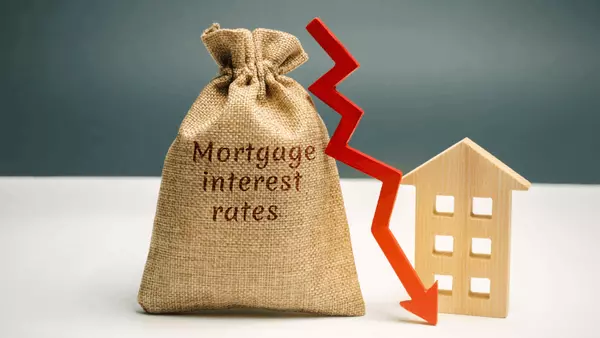What To Know About Credit Scores Before Buying a Home

Buying a home is one of the most significant financial decisions you'll ever make, and your credit score plays a crucial role in the homebuying process. Understanding your credit score and how it affects your ability to secure a mortgage is essential for a smooth and successful homebuying experience.
Here's what you need to know about credit scores before buying a home:
What is a Credit Score: A credit score is a three-digit number that reflects your creditworthiness based on your credit history. Lenders use your credit score to assess the risk of lending to you and determine the terms of your mortgage, including the interest rate and loan amount.
Importance of Credit Scores: Your credit score is one of the most significant factors that lenders consider when evaluating your mortgage application. A higher credit score typically translates to lower interest rates, better loan terms, and a higher likelihood of loan approval. Conversely, a lower credit score may result in higher interest rates, stricter loan requirements, or even loan denial.
Credit Score Range: Credit scores typically range from 300 to 850, with higher scores indicating better creditworthiness. While credit score requirements vary by lender and loan program, a score of 700 or above is generally considered good, while scores below 620 may be considered subprime or high-risk.
Factors Affecting Credit Scores: Several factors contribute to your credit score, including payment history, credit utilization, length of credit history, new credit inquiries, and credit mix. Making on-time payments, keeping credit card balances low, and avoiding opening new accounts shortly before applying for a mortgage can help improve your credit score.
Monitoring Your Credit Score: Before applying for a mortgage, it's essential to check your credit report and credit score from all three major credit bureaus (Equifax, Experian, and TransUnion). Review your credit report for errors or inaccuracies that could negatively impact your credit score and dispute any discrepancies with the credit bureaus.
Improving Your Credit Score: If your credit score needs improvement, take proactive steps to boost your score before applying for a mortgage. Paying down debt, making on-time payments, and avoiding late payments or collections can help improve your credit score over time.
Timing Your Home Purchase: Consider the timing of your home purchase in relation to your credit score. If your credit score needs improvement, delaying your home purchase to allow time for credit repair and score improvement may result in better loan terms and lower interest rates in the long run.
In conclusion, your credit score plays a critical role in the homebuying process and can significantly impact your ability to secure a mortgage. By understanding your credit score, monitoring your credit report, and taking steps to improve your creditworthiness, you can position yourself for a successful homebuying experience.
💡 If you have questions about credit scores or need assistance with the homebuying process, we're here to help.
If you’re curious to learn more about what your home might be worth o r if you’re looking to sell, send me a DM aor tap this link to book a 1:1 call with me no pressure and let’s connect.➡ Follow me on my IG @themelaniegundersheim for more!
Categories
- All Blogs (292)
- All about Boston (49)
- Buyer Tips (138)
- December Home Maintenance and Safety Tips (1)
- FUN Facts (10)
- Home Décor Ideas (25)
- Home Improvements (1)
- Home Maintenance and Safety Tips (14)
- Infographics (10)
- Investing (81)
- Monday Motivation (6)
- Real Estate (86)
- Seller Tips (104)
- Storage and Organization (8)
- The Open Door Podcast (2)
- The truth about Real Estate (135)
- Tips (83)
Recent Posts











"My job is to find and attract mastery-based agents to the office, protect the culture, and make sure everyone is happy! "
